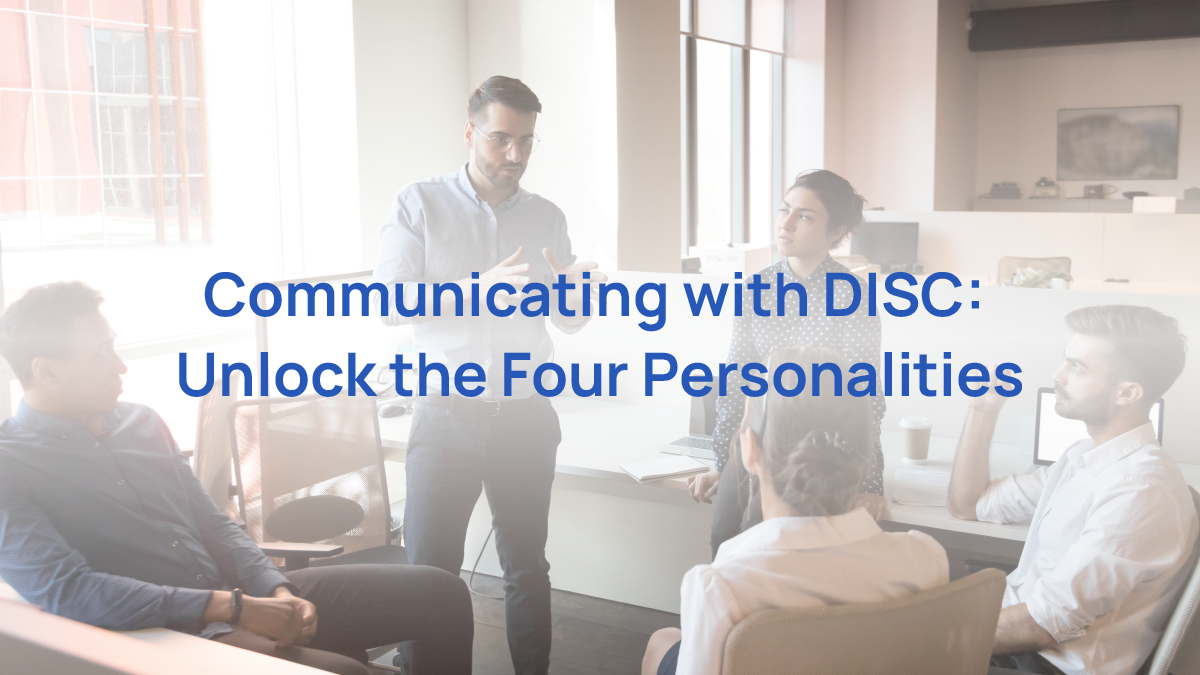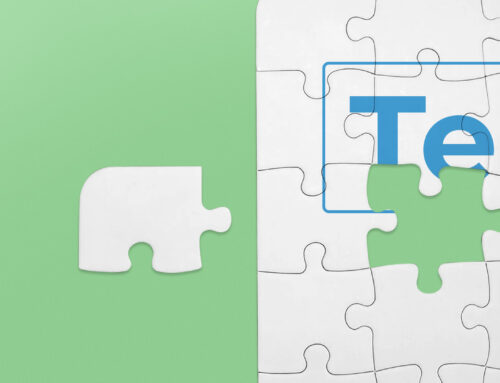The DISC model provides a framework for managers and employees to work more cohesively together. But what does that mean? The first task is to develop a greater sense of self-awareness. Each of us has strengths and limitations, and to be aware of both instils confidence and humility. It helps us to become more emotionally intelligent.
To maximise the benefits of DISC, it’s necessary to communicate with others in a way that elicits a positive response. The style of approach is all-important. Any personal traits that might prove detrimental when talking to a specific DiSC type should be suppressed. For instance, those with a more introvert DISC style should try a more direct style when talking to extrovert DiSC types.
The DISC model discourages all types of judgemental behaviours that take place in an unhealthy workplace. You can find out more about various aspects of DISC profiling on web pages such as https://discflow.co/resources/ and other reliable online sources. DISC assessments can transform company culture and performance. For that to happen, participants must recognise personality types and know how to “unlock” them.
Unlocking the Four DISC Personalities
To unlock the four DISC profiles, some thought, and flexibility, is necessary when communicating with colleagues. The objective should be to bring out the best in ourselves and others by adapting our own behaviour and communication style where necessary, to create better outcomes. With that in mind, what kind of approaches work best with the different DISC personalities?
Dominance
Dominant personalities are direct, results-orientated people with an uncompromising attitude. They appreciate focused conversations and a positive, unwavering approach. People with a dominant personality style often prefer to work alone and can be given a level of autonomy when building teams. If you’re a manager with this type of personality, it pays to suppress your inclination to provide matter of fact responses when talking with the more sensitive DISC styles. Be wary of isolating yourself as a D-type manager.
Influence
Influential DISC personalities are also likely to be driven and ambitious, but with a greater tendency to involve others. They are collaborative, enthusiastic and talkative. Managers should give this personality type room to express their ideas while at the same time, gently guiding them in the right direction. If you are a manager with an “i” personality, you’ll need to work on delivering information clearly and succinctly, particularly to more detail-driven characters.
Steadiness
Steady employees work calmly and thoroughly. They value team working and a settled environment. In dealing with this type of DISC style, managers should show a personal interest in the subject’s work, ensuring all conversation is respectful and that expectations are conveyed politely. This personality may struggle to work with abrupt colleagues. Managers with a steady character tend to be popular, but they may need to work on assertiveness and open-mindedness.
Compliance
Workers with compliant or conscientious DISC styles are usually detail-orientated and meticulous. They don’t appreciate vague direction or a laissez-faire approach. When communicating with this personality type, managers should come armed with facts and be ready for searching questions. Patience, persistence and diplomacy work well when interacting with a “C” DISC style. Cutting out pep talks or irrelevant conversation is a good idea. Managers with this personality should be wary of time wasted by overanalysing. They must learn to trust other DISC types when delegating work.
Effective Working with DISC
By understanding each other’s personalities and motivations, we can all become more effective at what we do. DISC assessments help managers to lead a team or workforce with better communication, more tightly nuanced. Colleagues develop empathy for one another and are less likely to act impulsively.
DISC profiling develops and enhances emotional intelligence. It discourages negative behaviour and can transform company culture. When we recognise DISC styles and what drives different personalities, we can find more fulfilment in our working lives, which also affects our personal happiness.





